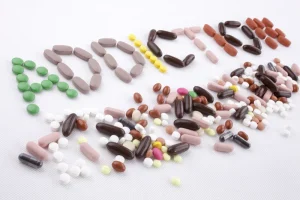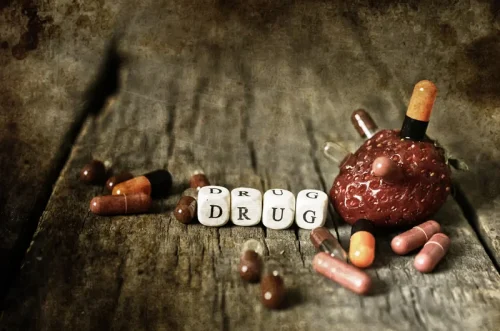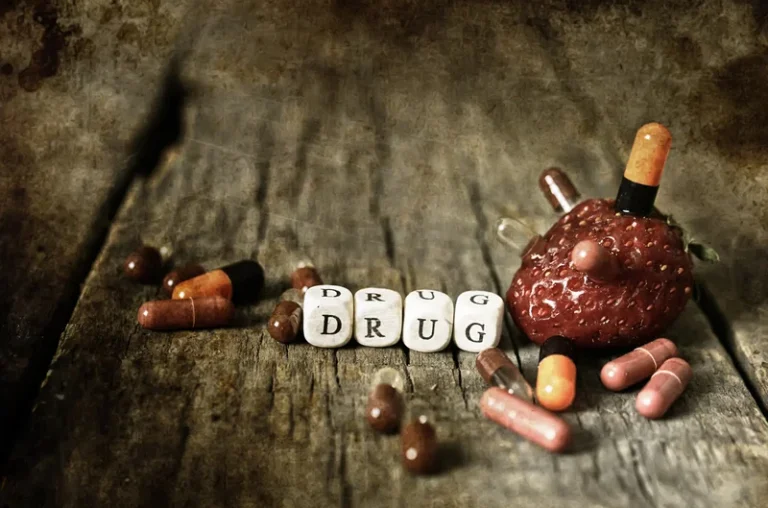
Up until recently, attenuators were tested using criteria listed in the National Cooperative Highway Research Program Report 350 (NCHRP 350), “Recommended Procedures for the Safety Performance Evaluation of Highway Features”. In 2016, a plan to replace these testing criteria and guidelines was set in place when the Association of State Highway and Transportation Officials (AASHTO) released the MASH guidelines. Here is everything you need to know about MASH testing and how it will impact the attenuators you use in your fleet. Additionally, MASH offers funding through its various grant programs to support sober housing initiatives.
Massachusetts Sober House Certification and Compliance Guide
Trained staff (peer and clinical) provide learning opportunities. Evidence that residents increase recovery capital through such things as recovery support and community service, work/employment, etc. 19.a Verification that emergency numbers, procedures (including overdose and other emergency responses) and evacuation maps are posted in conspicuous locations.19.b.
Vanderburgh Sober Living and MASH Certified Sober Houses

Massachusetts General Laws Chapter 40A, the Zoning Act, allows municipalities to regulate land use through zoning ordinances, affecting where sober houses are located. While these homes are protected under the federal Fair Housing Act and the Americans with Disabilities Act, local zoning laws can present challenges. Operators must navigate these regulations carefully to avoid legal disputes while ensuring compliance.
Massachusetts NARR State Affiliate: A Comprehensive Guide for Entrepreneurs, Healthcare Providers, and Administrators
The commissioner of probation shall inform all district and superior court probation officers and the chief justice of the trial court shall inform all district and superior court judges on how to access the list. The list shall also be posted on the website established pursuant to section 18. MASH-certified sober homes create reliable, supportive environments that promote personal responsibility, community connection, and long-term recovery success. The legal framework governing sober houses in Massachusetts is multifaceted, involving state and local regulations. Massachusetts General Laws Chapter 111, Section 127A, empowers the Department of Public Health to establish health and safety standards for residential facilities. This statute ensures sober houses maintain a habitable environment for residents.
- Its affiliates, such as MASH in Massachusetts, are responsible for certifying recovery residences to ensure they meet national standards of safety, support, and accountability.
- Nothing in this section shall prohibit a residence that has not received certification from operating or advertising as alcohol and drug free housing or from offering residence to persons recovering from substance use disorders.
- Policies protecting resident and community privacy and confidentiality.
- Notably, MASH administers the Fire Sprinkler System Program (FSSP), which provides grants of up to $80,000 per home for the installation of fire sprinkler systems in MASH-certified sober homes.
Providing access to a sober lifestyle.
- Any home not certified by September 1, 2016 will not be able to accept clients from state agencies or their vendors until certified.
- Cultural responsiveness and competence training or certification are provided.
- These facilities provide a structured, safe environment that fosters sobriety and personal growth.
Documentation that emergency contact information is collected from residents.19.c. Documentation that residents are oriented to emergency procedures.19.d. Verification that Naloxone is accessible at each location, and appropriate individuals are knowledgeable and trained in alcoholism symptoms its use. Job descriptions require staff to facilitate access to localcommunity-based resources. Policies and procedures that keep residents’ records secure, with access limited to authorized staff. A policy and practice documenting that a resident is fully informed regarding refund policies prior to the individual entering into a binding agreement.3.d.

MASH or Massachusetts Alliance for Sober Living is A Great Resource When Starting Your Sober Living Home
Homes will not be listed on our website or have access to grant funding until the invoice is paid. In 2007, eight sober home operators established the nonprofit Massachusetts Alliance for Sober Housing. Legislation in 2014 created voluntary certification of Massachusetts sober homes, and MASH began managing voluntary statewide sober home certification in 2016.

Rule #10 – Scissor Lift Truck Platform Controls Must Be Independent of Ground Crew

Policies and procedures for ongoing performance development of staff appropriate to staff roles and residence level. Evidence that staff are encouraged to have a network of support. While the Bureau of Substance Addiction Services (BSAS) in Massachusetts is responsible for certifying all addiction treatment programs in the state, it does not certify sober living homes. Resource directories, written or electronic, are made available to residents.22.b.
- MASH certification is crucial for operating a reputable and successful sober house in Massachusetts.
- Transition (e.g. entry, phase movement and exit) rituals promote residents’ sense of belonging and confer progressive status and increasing opportunities within the recovery living environment and community.
- They are typically located in quiet neighborhoods to ensure that all the residents are able to enjoy a peaceful environment – which is useful during the early stages of recovery from addiction.
- The Massachusetts Alliance for Sober Housing (MASH) plays a critical role in supporting individuals in recovery by helping to ensure access to high-quality sober living environments across Massachusetts.
- It opens the door to state agency referrals, builds your credibility in the recovery community, and ensures you provide residents with a safe, supportive living environment.
(v) verify good standing with regard to local, state and federal mash certification laws and any regulations and ordinances including, but not limited to, building, maximum occupancy, fire safety and sanitation codes. Evidence that staff and residents model genuineness, empathy, and positive regard. Verification that a meeting space is large enough to accommodate all residents. Verification that laundry services are accessible to all residents.

Policies and procedures regarding collection of resident’s information. At minimum, data collection will protect individual’s identity, be used for continuous quality improvement, be part of day-to-day operations, and regularly reviewed by staff and residents (where appropriate). You don’t have to get certified to open a sober living home in Massachusetts. Policies and procedures that serve the priority population, which at a minimum include persons in recovery fromsubstance use but may also include other demographic criteria.
